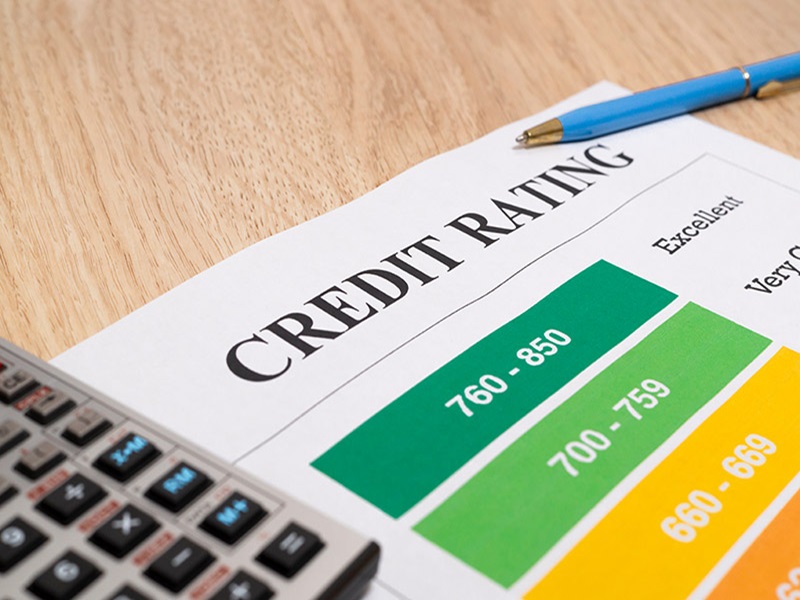Credit scores can have a significant impact on our financial lives, from getting approved for loans to securing favorable interest rates on credit cards. Despite the importance of credit scores, many people have a limited understanding of how credit scores are calculated and what they can do to improve them. In this guide, we will explore the ins and outs of credit scores, including what they are, how they are calculated, and practical tips for improving your score.

What Exactly Is a Credit Score?
A credit score is a numerical representation of your creditworthiness, used by lenders to determine the likelihood that you will pay back loans and make payments on time. Credit scores range from 300 to 850, with higher scores indicating a better credit history. The three major credit bureaus in the United States- Experian, Equifax, and TransUnion- generate credit scores using complex algorithms that weigh several factors.
Factors that Affect Your Credit Score
Many factors can impact your credit score, but the most important ones are your payment history, the amount of debt you have, and how long you’ve had credit. Late payments or failing to make payments altogether can severely damage your credit score. High levels of debt, particularly credit card debt, can also lower your score. Opening multiple credit accounts in a short period may negatively affect your score. Similarly, closing credit accounts can have a negative impact, particularly if you’ve had these accounts for several years.

Ways to Improve Your Credit Score
Improving your credit score is not an overnight process but making small changes over an extended period can have a significant impact over time. Here are some practical tips you can follow:
1. Pay bills on time and in full: Making payments on time and in full is one of the most important things you can do to improve your credit score.
2. Address delinquent accounts: If you have outstanding debt or accounts that are overdue, it’s essential to address these accounts and pay them off or set up repayment plans.
3. Utilize credit wisely: Keeping your credit card balances low, ideally below 30% of your credit limit, can help to improve your score.
4. Avoid opening too many accounts at once: Opening several accounts in a short period can lower your score.
5. Check your credit report regularly: Errors on credit reports can negatively impact your score. Regularly checking your credit report can help to ensure that everything is accurate and up-to-date.
Improving your credit score is a gradual process, but with commitment and diligence, it’s possible to achieve a better score. Starting with small steps such as making on-time payments, addressing delinquent accounts, and monitoring your credit report can set you on the path to better credit. By understanding the factors that affect credit scores and taking the necessary steps to improve them, you can build a stronger financial future for yourself.











